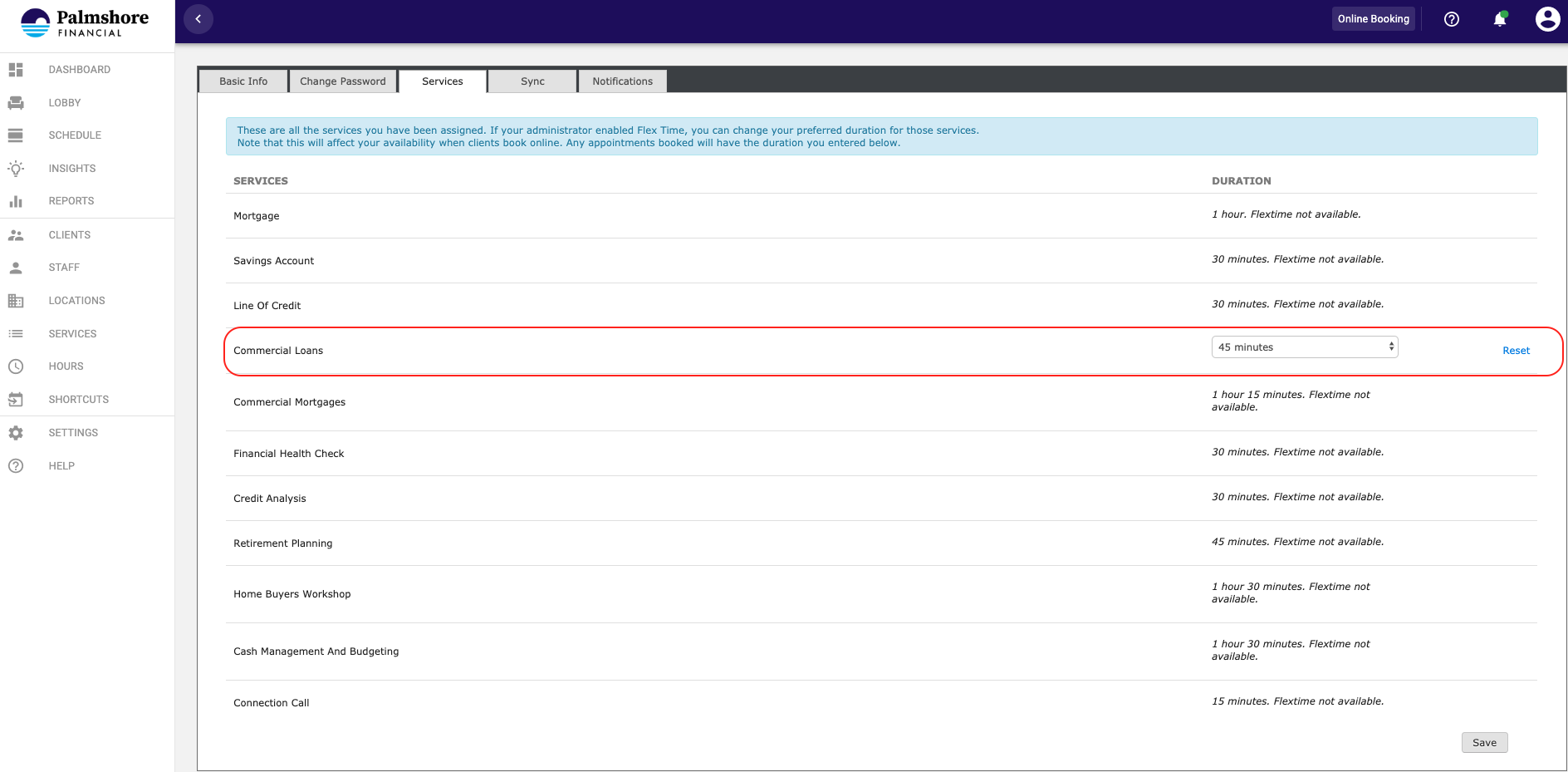

Some employers require team members to work regular hours on days where they have meetings and allow them to maintain a flex schedule when they’re free of meetings.
FLEXTIME JOBS FULL
It can make schedules more difficult to manage and build:If you build schedules for your employees and need them to operate at full capacity during the day, flextime may not be the best option, especially if they work in customer-facing roles and must interact with clients during traditional work hours.Having a strong relationship with employers often leads team members to stay with a company longer, resulting in stronger retention rates.Ĭommon disadvantages certain companies face with flex schedules include: Builds trust between managers and employees:Creating flextime policies that work well with employees’ schedules makes them appreciate you as an employer and builds their trust in your leadership team.Employees will come to work feeling refreshed and energized to submit valuable assignments. This often leads to a healthier and less stressful lifestyle. Provides a healthy work-life balance for employees:Implementing a policy that allows employees to work when it’s most convenient for them helps them maintain a great work-life balance.Attracts more quality candidates:Having flextime as one of your company perks stands out to candidates and makes some prefer your company over the competition.Common advantages of providing your employees with flextime include: Offering your employees flextime shows you’re willing to work around their schedule and cater to their preferences. Summer Fridays:Employers give team members every Friday off or allow them to work remotely on those days in the summer to boost workplace morale.Remote work:Employees work from home or another location outside of the office, either full-time or a few days throughout the week.Compressed workweek:Team members work only four days a week, but complete longer shifts to make up for the absence on the fifth day.Job-sharing:Two employees share the same position, meaning one employee may work in the morning, while the other works in the afternoon.Flexible start and end times:Employees who come to work in the early morning can go home earlier in the day, and those who start later in the day stay later in the evening.Common examples of flextime that organizations practice include: Some employers let team members set their own flex schedules, while others build them for their employees. This makes more candidates excited to work at a company thatcares about them and is willing to work around their needs and preferences.įlextime comes in various forms. Providing your employees with flextime shows you support a healthy work-life balance.

Many employees consider flextime as a type of workplace benefit and may choose a company that offers flextime over one that doesn’t. Most companies set limits and create certain rules when building their flextime policies.įor instance, some employers allow team members to build their own flex schedules as long as they consist of 40 hours of work each week and some of those hours fall within traditional workday hours. Since many office employees complete a majority of their tasks using a computer and internet access, flex schedules are easier for more organizations to implement. Employers usually allow their team members to use flextime to better accommodate their personal lives. What is flextime?įlextime is the ability for employees to work flexible hours outside of traditional office hours.


 0 kommentar(er)
0 kommentar(er)
